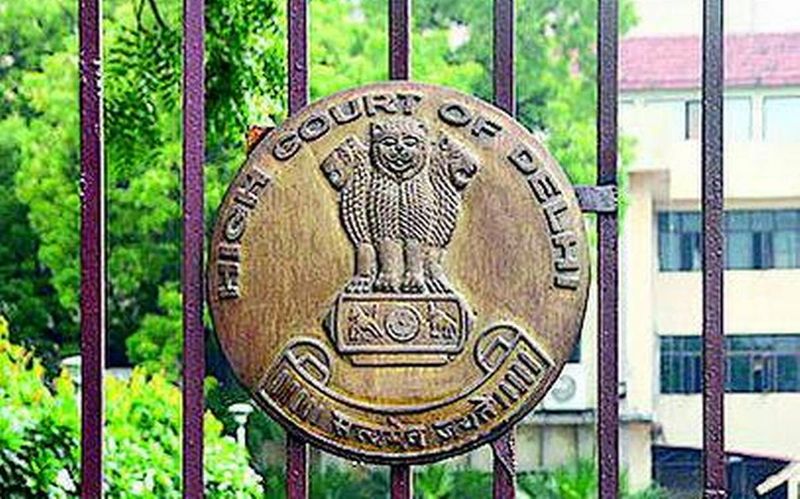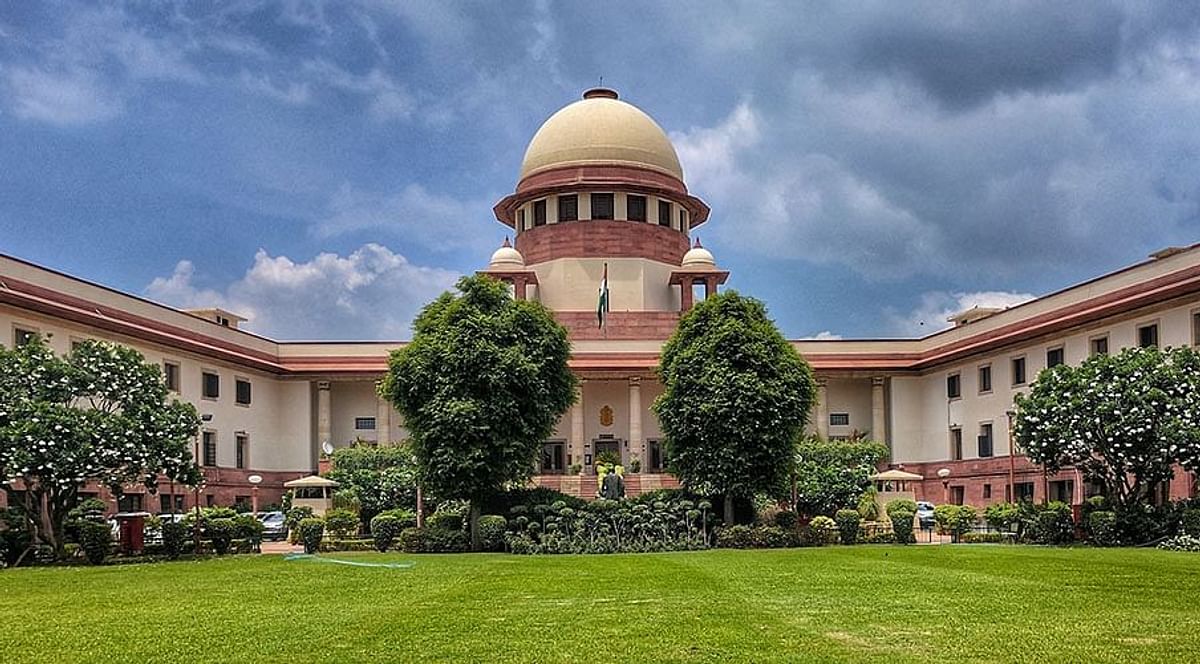In a nation where the judiciary is hailed as the guardian of democracy and the Constitution its sacred text, one would expect legal education and judicial recruitment to embody the same reverence. Yet, tens of thousands of law aspirants across India find themselves trapped in a web of institutional apathy, policy paralysis and systemic dysfunction. From the CLAT 2025 debacle to indefinitely postponed judicial service exams and a worsening judicial vacancy crisis, the picture is grim. At the heart of this turmoil lies a generation of young legal minds - demoralized, underemployed, and dangerously disillusioned.
The Common Law Admission Test (CLAT), conceived as the national gateway to India’s prestigious National Law Universities (NLUs), is supposed to usher in the country’s future legal leadership. Instead, it has become a glaring example of administrative failure. CLAT 2025, held in December 2024, saw results declared too swiftly, only to reveal errors in answer keys, ambiguous questions, and procedural lapses. Legal petitions followed. In April 2025, the Delhi High Court ordered the Consortium of NLUs to revise the results. The Consortium appealed, and the Supreme Court stayed the High Court’s directive, freezing the revised scores and halting admission counselling to NLUs indefinitely. Thousands of deserving students who spent years preparing are now left in limbo, their academic futures paused and mental health strained. This is no isolated incident. CLAT has faltered repeatedly - pandemic delays and flawed online formats in 2020, confusing reschedules in 2021, answer key errors in 2022 and 2023. For an exam meant to select the nation’s future legal thinkers, such recurring mismanagement is not just unfortunate - it is a disgrace.
Equally alarming is the state of judicial service exams across states like Uttar Pradesh, Madhya Pradesh, Chhattisgarh, Rajasthan and Gujarat. India faces a shortage of over 5,000 lower judiciary judges, yet exams to fill these posts are routinely deferred. While state commissions issue notifications igniting hope, the exams themselves are postponed indefinitely due to pending court cases, procedural clarifications or bureaucratic inertia. Uttar Pradesh’s UPPCSJ exam has not been held for over two years. The Chhattisgarh High Court stayed its judicial exam in April 2025, awaiting the Supreme Court’s verdict on the controversial three-year practice rule. Other states have followed, resulting in a nationwide recruitment freeze. With nearly five crore pending cases burdening the judiciary, this inertia is indefensible. Law graduates spend years preparing, often balancing courtroom internships or junior associate roles, all while navigating a recruitment process with no guarantees and few timelines.
At the core of this delay is the Supreme Court’s reconsideration of whether judicial aspirants must have three years of prior legal practice. While some argue that experience fosters judicial maturity, others view this as elitist gatekeeping that excludes first-generation lawyers and those unable to subsist on meager stipends for years. The judgment remains reserved. Meanwhile, high courts across the country have paused recruitment, turning legal education into a waiting game. Ironically, in attempting to decide who is worthy to judge, the system sidelines those most eager to serve.
But beyond exams and court rulings lies a deeper crisis: employability. India produces over 80,000 law graduates annually, yet only three percent attend NLUs. The rest graduate from a growing number of private law schools, many lacking credible placements, practical training, or professional mentorship. A 2023 Bar Council report found that over half of India’s law graduates remain unemployed or underemployed a year after graduation. In smaller cities and towns, this situation is even bleaker. Judicial services and government roles, once reliable career paths, are now stuck. When even these channels are frozen, a law degree becomes a mere paper promise. Public institutions have begun offering only short-term contractual roles - legal translators, clerks, research assistants and law officers. The Chhattisgarh High Court’s latest recruitment drive is for judgment translators. This trend is not just fiscal frugality - it reflects institutional shortsightedness.
This endless delay is more than an administrative backlog - it has become a mechanism to circumvent direct recruitment by engaging young aspirants in peripheral or contractual roles that neither fulfill their ambitions nor provide meaningful career growth. Such short-term, non-permanent positions help sustain entrenched bureaucracies - those who struggle to adapt to evolving demands - effectively outsourcing responsibilities. The inertia preserves an outdated demand-supply equilibrium, benefiting established insiders while the vibrant potential of young lawyers is sidelined. Where then do these aspirants go? Many drift into stagnant jobs or leave the profession altogether - a massive loss to India’s justice delivery and democratic promise.
The rot begins early. CBSE’s promising introduction of Legal Studies as an elective, aimed at promoting constitutional awareness, is offered in fewer than five percent of schools. Most state boards ignore it entirely. Despite abundant rhetoric about constitutional and legal values, the education system offers no real roadmap into the legal profession.
Let me offer two snapshots from my own experience that illustrate just how deep this crisis runs.
First, I recently reconnected with a batch of CLAT aspirants in Bhilai - a city that was once synonymous with legal ambition in central India, known for consistently producing top rankers. The coaching centres there used to be packed to the brim, with students often standing for lack of space. Today, they are quiet, almost abandoned. In one classroom built for fifty, I found a couple of students - silent, weary, and uncertain. Their eyes reflected a mix of fatigue and fading hope. It was a stark and sobering image of a dream slowly dissolving. If Bhilai - the beating heart of small-town legal aspiration - is losing faith, what does that say about the rest of the country?
Second, I asked a close friend from law school what he made of the CLAT, both at the undergraduate and postgraduate levels, and the Judicial Service exam delays. He smirked and said, “It’s great training. A crash course in patience and perseverance. The system is just preparing us for the real world of litigation and judicial work, where nothing happens on time and everything runs late.”
Perhaps he had a point. Maybe this is the system’s twisted idea of orientation - a soft initiation into a profession where delay isn’t an exception but the default. A masterclass in endurance, taught not through mentorship or rigor, but through inertia. Where institutions that preach the rule of law operate under the rule of red tape. If you can survive the chaos of CLAT and the purgatory of judicial recruitment, you’ve already been conditioned for a career of adjournments without cause, vanishing case files, and endless procedural limbo.
But is this truly the professional mindset we want to cultivate? Not one grounded in energy, excellence, and urgency - but one dulled by resignation, sustained by endurance, and haunted by deferred dreams.
The silence of the powerful - from courts to commissions to campuses - is what makes this crisis not just frustrating, but unbearable. And yet, the solutions aren’t hidden; they simply demand the courage of conviction and institutional will. This is no longer a mere policy lapse - it is a collective moral failure.
Our institutions must act - and act swiftly. For a nation that does not honour its future, lawyers cannot expect them to uphold its laws. The cost of inaction is not just measured in thousands of broken careers, but in the slow, silent unraveling of the republic itself.
(Shikhar Shrivastava is a graduate of HNLU and a gold medallist in LLM. He ranked 26th in the Chhattisgarh Civil Judge Exam (2021) and currently serves as Managing Counsel – Asia Pacific at a US-headquartered AI-tech company.)








 OpinionExpress.In
OpinionExpress.In















Comments (0)